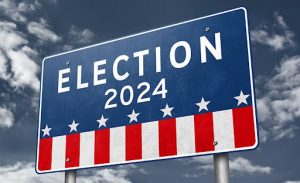The stopgap bill passed by the House of Representatives would keep the United States government funded till February 18 and would avoid a shutdown on Friday. However, the fate of the bill is in question in the thinly divided Senate. Multiple Republican lawmakers have said they would not back the legislation, citing Joe Biden’s vaccine mandates as a reason.
The legislation cleared the United States House of Representatives with a vote tally of 221-212. The mostly partisan vote was driven by Republican opposition in the chamber, however, only one member of the GOP — Illinois’ Adam Kinzinger— crossed party lines.
Also Read: When Donald Trump’s border wall led to the longest shutdown in US history
An agreement among congressional leaders announced earlier in the day would keep the government running for 11 more weeks, generally at current spending levels while adding $7 billion to aid Afghanistan evacuees.
Lawmakers bemoaned the short-term fix and blamed the opposing party for the lack of progress on this year’s spending bills. Representative Rosa DeLauro, chair of the House Appropriations Committee, said the measure would, however, allow for negotiations on a package covering the remainder of the budget year through September.
“Make no mistake, a vote against this continuing resolution is a vote to shut government down,” DeLauro — a member of the Democratic party— said during the House debate, according to reports from Associated Press.
Also Read: A brief history of the US government shutdowns so far
Conservative Republicans opposed to Biden’s vaccine rules want Congress to take a hard stand against the mandated shots for workers at larger businesses, even if that means shutting down federal offices over the weekend.
Democrats were able to use their majority to advance the spending bill. They have a more difficult task in the 50-50 Senate, where objections by just one senator can slow a final vote past Friday’s midnight deadline. That could mean a short-term shutdown into the weekend.
(With AP inputs)






